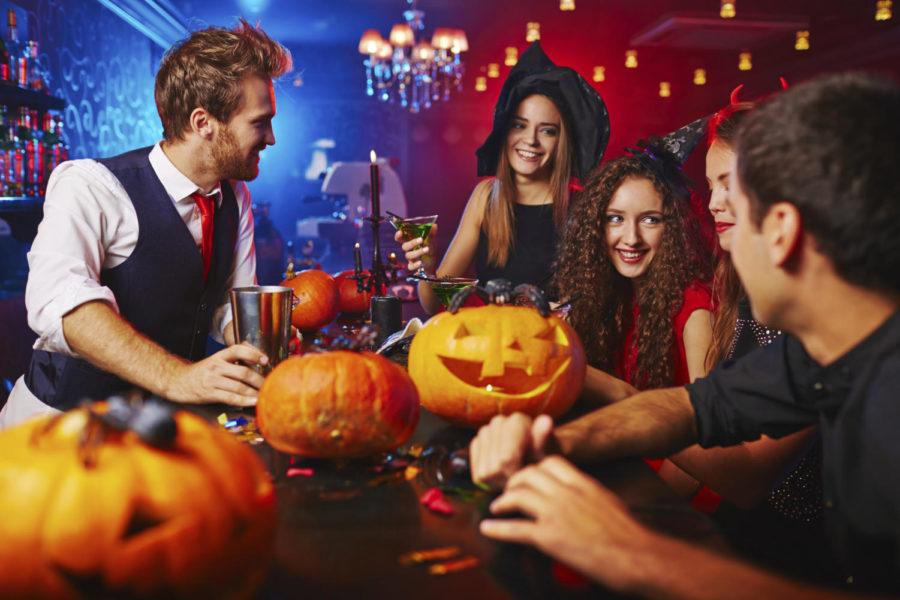Ferguson: Victim blaming at fault for sexual assault misconceptions
October 29, 2015
Trigger warning: This column uses language that may be sensitive to sexual assault survivors.
When you picked out your Halloween costume, I bet you weren’t standing in the mirror thinking, “Hmm, this skirt is a little short. It might entice someone to rape me, so I probably shouldn’t wear it.”
Or when you’re out drinking alcohol with friends, I’m guessing you’re not considering, “Oh, this shot might impair my judgment and cause me to make questionable decisions or take away my ability to consent to safe sex.”
It doesn’t work like that. And it should never have to be a thought that crosses anybody’s mind.
Halloween, Homecoming week and a Saturday football game will make for a bustling weekend in Ames. With it, the message from friends, colleagues, professors and family is to “stay safe.”
It’s a noble suggestion to tell young people who are setting out to have a good time to “be safe.” We know what they mean. Be safe as in “Don’t drink too much,” “Don’t get arrested” and “Don’t drink and drive.”
Stay safe as in “Use the buddy system,” “Don’t set your drink down,” or “Don’t wear revealing clothing” all have the underlying, unspoken elephant in the room of “Don’t get sexually assaulted.”
And that’s exactly how victim blaming in our culture works.
The statistics don’t lie. Young people are among the most likely to be sexually assaulted. The recent release of the Association of American Universities campus climate survey on sexual assault also states that alcohol plays a part in a “significant percentage of the incidents.”
Out of the students who reported witnessing a drunk person heading for a sexual encounter, 75.8 percent of them said they did nothing, according to the report. Additionally, two-thirds of that 75.8 percent said they didn’t intervene for a reason other than not knowing what to do.
It is someone’s responsibility, if they see something, to say something. However, when speaking of the survivor, as soon as someone brings up the question, “Where were his or her friends when this was happening? Why didn’t a friend step in?” it once again places the blame for the assault on that survivor and the survivor’s friends.
I’m not saying don’t use safety precautions. Please be safe. Use the buddy system. But don’t rely on the buddy system as a complete safety cloak.
I don’t think I can put it better than does Michael Davis, assistant director of Student Assistance and Outreach, in a previous interview with the Daily.
“Students are making their own judgment that people who go out and drink want to have sex. The only natural consequence of going out and drinking is a hangover — not rape, not a sexual encounter. Nothing like that. Why do 20 percent fewer students intervene when alcohol is involved? In my opinion, it’s partially because we’re on a college campus where many college students think drinking equates sex.”
Halloween weekend is a time for fun. A time for students to attempt to forget about the numerous stresses bombarding their daily lives.
It isn’t a time for young men and women to have to worry about being sexually assaulted.
Why are universities spending all of their time giving token after token of advice on how to avoid being raped when they could spend time educating people on what consent really is and how not to rape people.
I could sit here and tell you to be careful this weekend — which, yes, please do be careful and have fun — but that is a contributing factor to the way we blame victims.
Sexual assault does not discriminate according major, race, age, height, sexual orientation or gender identity. Those who sexually assault usually do so as a mechanism of power, and they also have the power to refrain from doing so. We have the power to never blame the survivor for the trauma they now have to live with.
Why are we sitting here telling potential victims to use all of the methods they can to avoid being raped?
This the real advice we should be giving people: Don’t rape somebody.
















